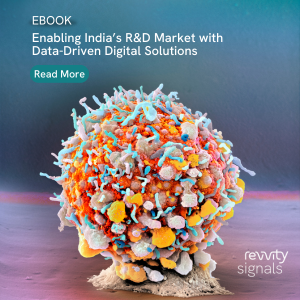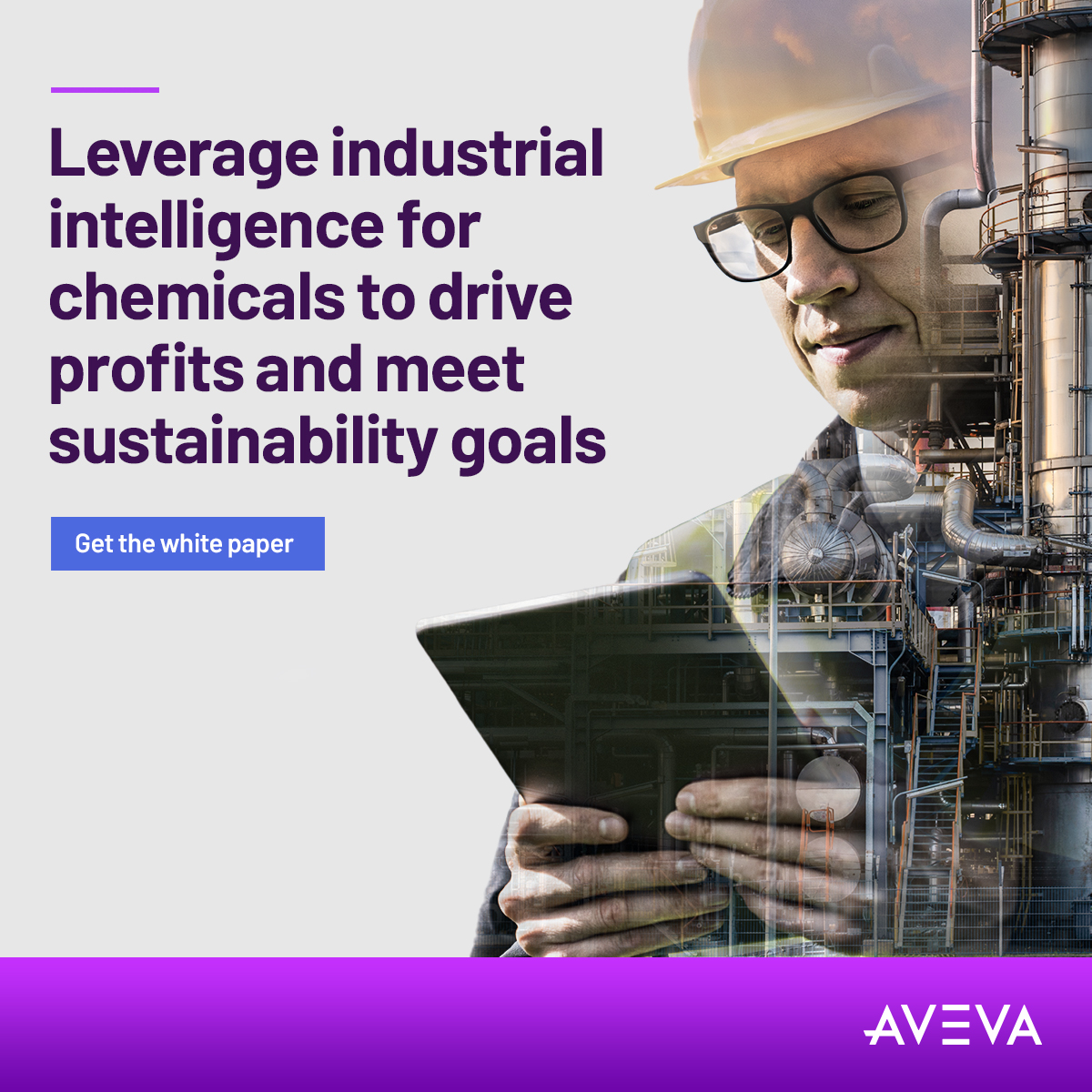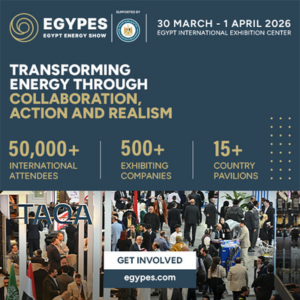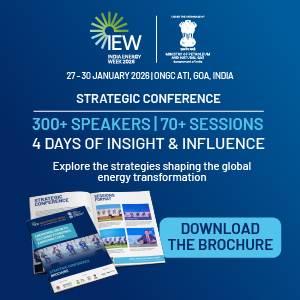Gallery
December 20, 2021
Need for sustainability & working on low carbon: Samir Somaiya, CMD, Godavari Biorefineries
Speaking on renewable chemicals and green chemicals during NextGen Chemicals & Petrochemicals Summit 2021
December 14, 2021
NextGen 2021: Experts call for national roadmap and incentives to fuel hydrogen economy
Speakers are: Dr. R. K. Malhotra, Director General, Federation of Indian Petroleum Industry; Vidya Rattan Sharma, MD, Jindal Steel & Power Ltd.; Sturle Harald Pedersen, Chairman, Greenstat Hydrogen India; D. M. R. Panda, GM - Hydrogen, National Thermal Power Corporation Ltd.; Anurag Pandey, Team Lead, Reliance Industries Ltd.; Jitendra Goyal, GM - R&D, Toyota Kirloskar Motor Pvt. Ltd.; Dr. Klaus Brun, Director - R&D, Elliott Group; and Amrit Singh Deo, Senior Managing Director, FTI Consulting.
December 14, 2021
NextGen 2021: Young Turks discuss their priorities
Speakers are: Kaushal Soparkar, MD, Meghmani Finechem Ltd.; Meghav Mehta, Director, Deepak Phenolics Ltd.; Ankit Patel, ED, Bodal Chemicals Ltd.; Mirik Gogri, Head – Corporate Strategy, Aarti Industries Ltd; Abhiraj Choksey, MD, Apcotex Industries Ltd.; and Pravin Prashant, Editor, Indian Chemical News.
December 14, 2021
NextGen 2021: Farmer awareness critical for boosting per hectare agrochemicals consumption
Speakers are: Dr. Vishal Choudhary, Deputy Industrial Advisor, DCPC, Ministry of Chemicals & Fertilizers, Government of India; R. G. Agarwal, Chairman, Dhanuka Group; Sagar Kaushik, President - Corporate & Industry Affairs, UPL Ltd.; Raju Kapoor, Director - Industry & Public Affairs, FMC India Pvt. Ltd.; N. K. Rajavelu, EVP & Business Head, Coromandel International Ltd.; Dr. Archana Kumari, Deputy Regional Director, Pesticides Manufacturers & Formulators Association of India; and Viswanathan Rajendran, Partner, Kearney India.
December 14, 2021
NextGen 2021: API and R&D integral to enhance linkages between pharma & chemical industries
Speakers are: Rajendra Chunodkar, President - Manufacturing Operations, Lupin Ltd.; Prashant Sharma, CTO, Cadila Healthcare Ltd.; Sudarshan Jain, Secretary General, Indian Pharmaceutical Alliance; Dr. Hardik Joshipura, CEO, Innovassynth; Milan Patel, Joint MD, Troikaa Pharmaceuticals Ltd.; Sudhir Toraskar, Senior Business Director – Asia South, Business Line Health Care, Evonik India; and Pravin Prashant, Editor, Indian Chemical News.
December 14, 2021
NextGen 2021: Sustainable technologies vital to drive future growth
Speakers are: Samir Somaiya, CMD, Godavari Biorefineries Ltd.; Maulik Patel, CMD, Meghmani Finechem Ltd.; Ankur Singh, Head - Strategy & Business Development, DCM Shriram Ltd.; Sabine Pietruch, Data Analytics Engineer, TrendMiner; and Pravin Prashant, Editor, Indian Chemical News.
December 14, 2021
NextGen 2021: Big ticket R&D investments key to secure chemical industry’s future growth
Speakers are: Bijal Mathkar, R&I Director, Solvay Research and Innovation Center, India; Dr. Mayukh G. Warawdekar, Senior Vice President - R&D, Fine Organic Industries Ltd.; Dr. Kamlesh Pai Fondekar, Head - Research & Development, Godrej Agrovet Ltd.; S. Bharathan, Executive Director - R&D, Hindustan Petroleum Corporation Ltd.; Ganesan Balakrishnan, GM - R&D and Special Projects, Sudarshan Chemical Industries Ltd.; and Pravin Prashant, Editor, Indian Chemical News.
December 14, 2021
NextGen 2021: Specialty chemical captains chalk out industry’s expansion roadmap
Speakers are: Vinati Saraf Mutreja, MD & CEO, Vinati Organics Ltd.; Adnan Ahmad, VC & MD, Clariant India; M. P. Aggarwal, Chief Promoter, Sajjan India Ltd.; Shohab Rais, COO - Indian Chemical Business, Tata Chemicals Ltd.; Rahul Tikoo, MD - South Asia, Huntsman Corporation; Yogesh Kalra, Head - Global Business Creation, Galaxy Surfactants Ltd.; and Amit Gandhi, MD & Partner, Boston Consulting Group.
December 14, 2021
NextGen 2021: Petrochemical industry bullish on domestic opportunities
Speakers are: Sanchita Banerjee, ED - Special Projects, Oil India Ltd.; B. Narayan, Group President, Reliance Industries Ltd.; Subikash Jena, ED - I&C, Bharat Petroleum Corporation Ltd; Manoj Jha, GM – Petchem Strategy, Indian Oil Corporation Ltd.; Saugata Chaudhuri, Head - Petrochemicals Marketing, Hindustan Petroleum Corporation Ltd; and Sudeep Maheshwari, Partner, Kearney India.
December 14, 2021
NextGen 2021: Industry experts list out bottlenecks in draft CMSR
Speakers are: Avila D’Souza, Leader – Value Acceleration, Galaxy Surfactants Ltd.; Karthik Nilagiri, General Manager – Corporate Affairs, Reliance Industries Ltd.; Shisher Kumra, Founder & ED, GPC; and Dr. Jayachandran Nair, CEO, GPC India.


















